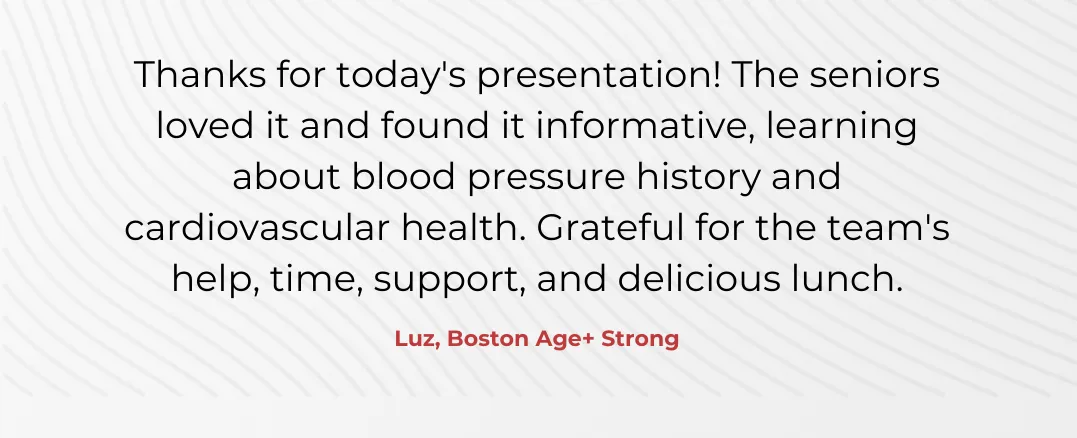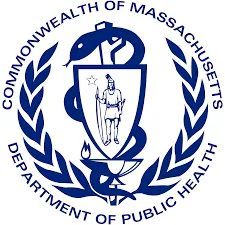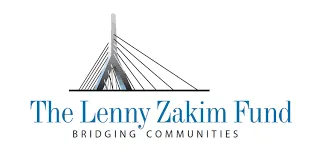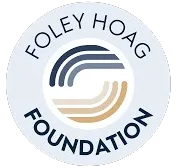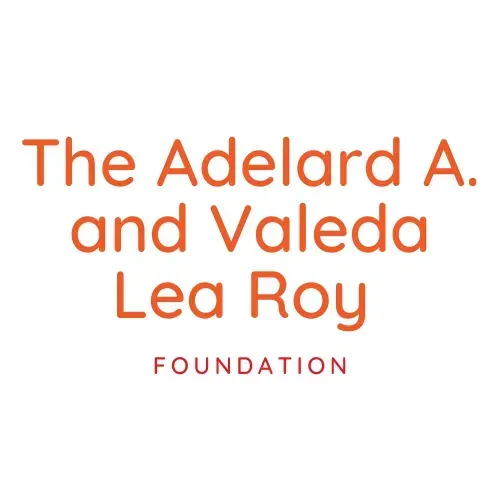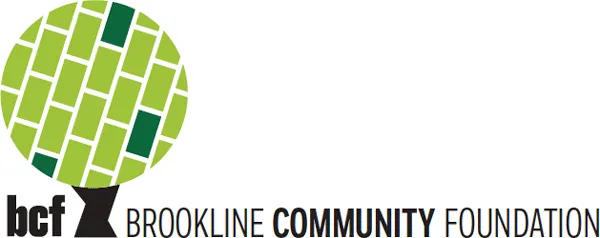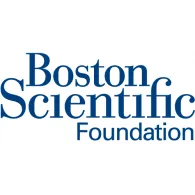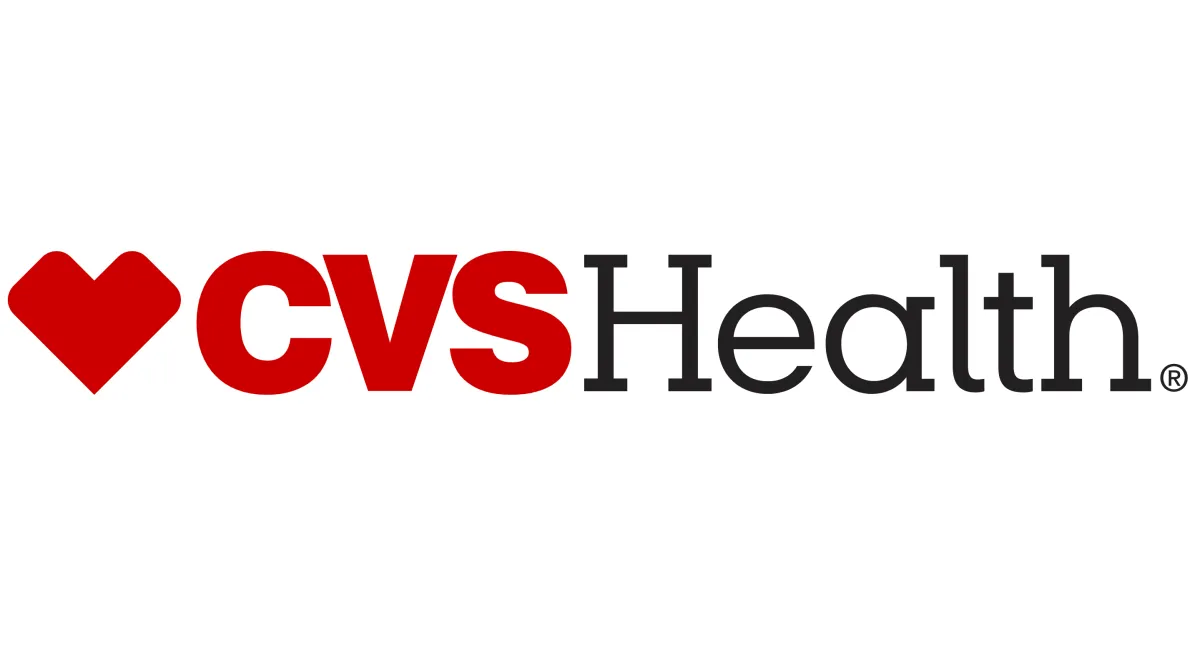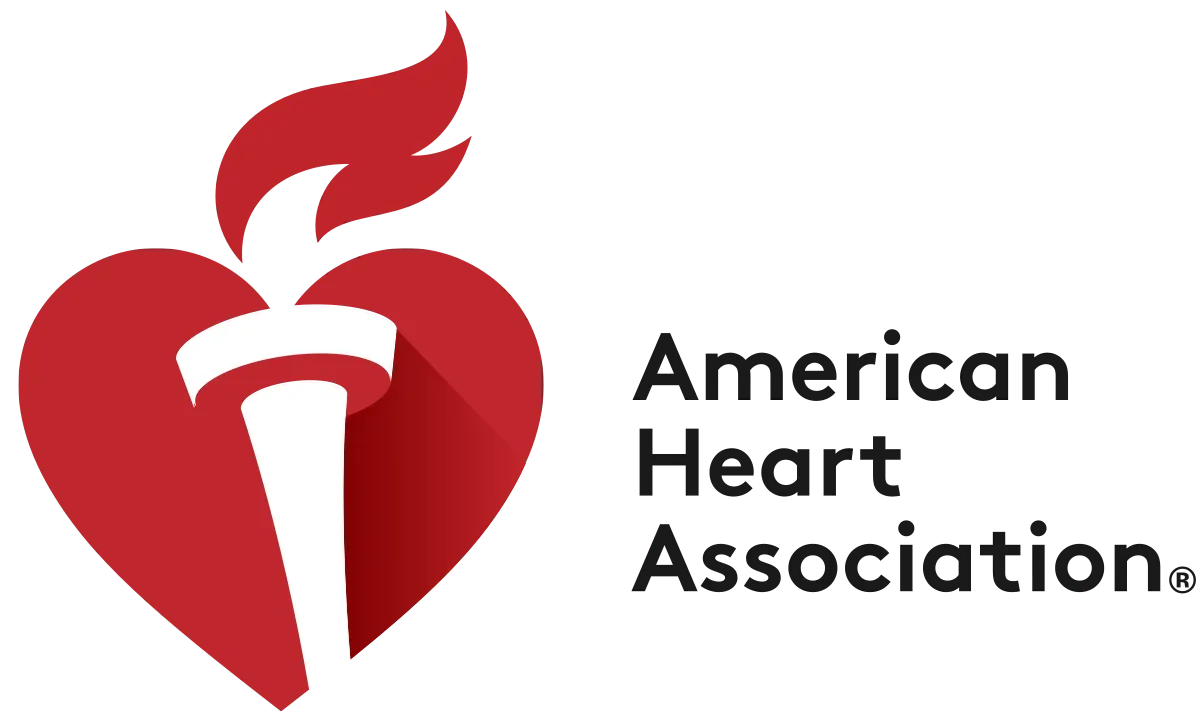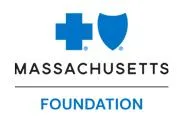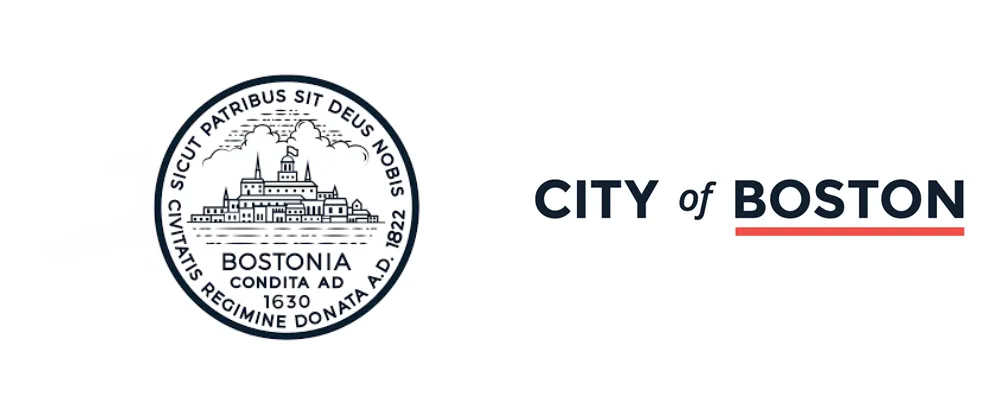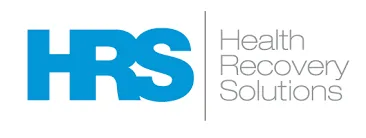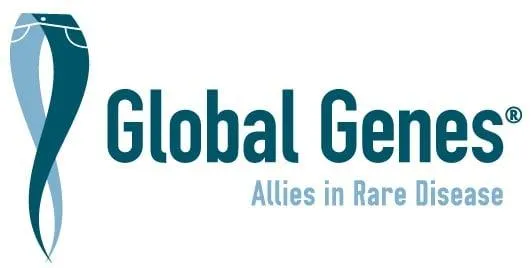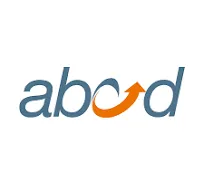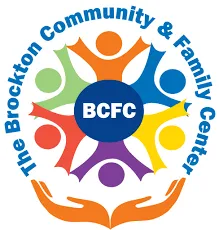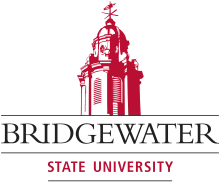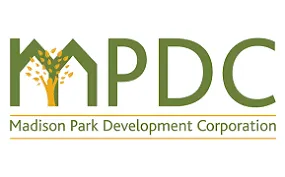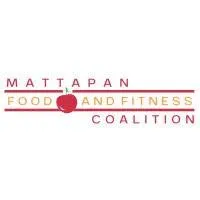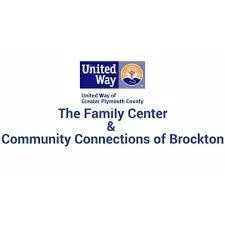Projects & Programs
Heart of a Giant Foundation
HGF
Projects & Programs
HGF improves early detection, diagnosis, and support for cardiac risk factors in high-risk populations. We promote healthy living, prevent chronic diseases, and improve health outcomes using innovative approaches. All programs are HIPAA compliant and aim to support the whole patient journey.
Project Health Joe: Awareness Raising and Advocacy
Program Nicole & Neal: Screening and Education
Living with Heart Disease Podcast
Program Jolie: Hypertension Prevention and Management for Expectant Black Mothers in Boston, MA

Join us in making a difference for a healthier future.
Project Health Joe: Awareness Raising and Advocacy
Project Joe by HGF raises awareness and advocates for patients and caregivers. Our goal is to promote a culture of care that leads to better health outcomes through education and information about heart diseases.
We amplify the voices of patients, caregivers, health practitioners, and advocacy leaders to educate our audience on living with a heart condition and enjoying a longer, healthier life.
We use various communication methods, such as blogging, podcasting, public speaking, organizing meetings, and using the web and social media platforms. We convey our messages through our website and blogs, Instagram pages, Facebook page, private community group, YouTube channel, Eventbrite, and Living with Heart Disease podcast, available on iTunes, Google, Spotify, and other platforms.
Expected Outcomes:
Raise awareness about heart diseases and related conditions.
Build a supportive community for patients, caregivers, providers, and policymakers.
Motivate people to make positive lifestyle changes.
Destigmatize high blood pressure and other chronic conditions.
Educate people about warning signs and risk factors.
Join us in raising awareness for heart diseases and promoting a culture of care.
Program Nicole & Neal: Screening and Education
Program Nicole & Neal promotes healthy living to prevent heart disease, especially among Black populations. HGF offers free hypertension screening and education in Boston neighborhoods. Our health coaches provide one-on-one support and conduct screenings at community events.
In 2023, we accomplished the following:
Engaged in 425 interactions with participants over 11 months;
Hosted 38 screening and education events, two webinars, and six workshops
Six Boston neighborhoods: Brockton, Dorchester, East Boston, Jamaica Plain, Mattapan, and Roxbury;
Conducted 355 screenings and one-on-one educational sessions.
Blood Pressure Screening and Education
At HGF, we conduct blood pressure screenings, education classes, and workshops to raise community awareness. Our local nurses and health workers offer assistance, education, and guidance. We conduct screenings and educational activities at community events to improve high blood pressure management, train participants on monitoring blood pressure at home, and offer practical tips for healthy living.
Cholesterol Awareness and Education Campaign
92 million US adults have high LDL cholesterol levels, which can lead to fatal heart diseases. HGF is partnering with the National Cholesterol Education Initiative in 2024 to increase awareness through our Cholesterol Education Campaign. We will focus on high-risk factors like diets high in saturated and trans fats, physical inactivity, excess weight, and certain health conditions.
Lipoprotein (a) Awareness and Screening Campaign
Lp(a) is a genetic risk factor for heart disease that is often overlooked. Early detection and proactive management of Lp(a) levels can significantly enhance heart health outcomes. Our program promotes heart health through coaching, screenings, and training.
Expected Outcomes
Early identification and treatment of high blood pressure.
Increased understanding of signs and symptoms and when to contact a healthcare provider.
More people can self-monitor their blood pressure.
Empowered participants are taking control of their heart health.
Peer-to-peer communication and community engagement.
Movement building and active community engagement.
Program Delivery Planning
We host program events with partners monthly, bi-monthly, or weekly. Our website and social media pages have weekly updates, and we focus on a monthly health topic to raise awareness. We collaborate with various organizations, including the American Heart Association (AHA), the Massachusetts Department of Public Health (DPH), faith-based organizations, and community development centers.
In 2024, our goals are to achieve the following:
We host program events with partners monthly, bi-monthly, or weekly. Our website and social media pages have weekly updates, and we focus on a monthly health topic to raise awareness. We collaborate with various organizations, including the American Heart Association (AHA), the Massachusetts Department of Public Health (DPH), faith-based organizations, and community development centers.
Our main priority remains to tackle high blood pressure and its related issues. To achieve this:
We aim to deliver over 60 screening and education events across 10+ locations, engaging with more than 600 adults.
We also plan to provide monthly blog posts on heart health and 12 'Living with Heart Disease' podcasts.
Additionally, host workshops focusing on various aspects of heart disease, such as hypertension, cholesterol and Lp(a), diabetes, healthy living, aging, and more.
Living with Heart Disease Podcast
"Hardships don't steal your voice, and setbacks don't stunt your growth; hence, a diagnosis will undoubtedly not silence you."
Our Living with Heart Disease platform shares inspiring stories from patients, families, caregivers, health professionals, and policy advocates. We break down stigmas associated with cardiovascular conditions and provide expert guidance on navigating healthcare systems. We're dedicated to inspiring and empowering our listeners to live longer, healthier lives after a heart disease diagnosis.
Join us on the Living with Heart Disease podcast hosted by Bouba Heart of a Giant and his team.
Program Jolie: Hypertension Prevention and Management for Expectant Black Mothers in Boston, MA
In 2023, HGF conducted the Healthy Hearts Communities Pilot Program to prevent and manage high blood pressure, and 78% moved into a lower blood pressure category. We launched Program Jolie in Boston in 2024 to fill gaps in care for Black maternal health. Program Jolie offers perinatal care to help expectant Black mothers achieve better pregnancy experiences and health outcomes, all at no cost.
Program Description:
Program Jolie supports the care of women from their 20th week of pregnancy up to 3 months postpartum. It collaborates with organizations to improve Black maternal health, heart health, and health equity.
Our Health Coaches deliver the program, supporting patients between doctor visits. The coaches are registered nurses, dietitians, social workers, and others with significant expertise. The program facilitates infant feeding support and mental health screenings with social workers and therapists.
The health coaches work one-on-one with participants to improve medication adherence, set realistic goals, and facilitate therapy and counseling. Expectant Black mothers can use advanced RPM technology with personal health coaching and receive a free personalized plan. The program targets pregnant adult (18+) women with no income eligibility requirement.
Goals and Expected Outcomes:
We build trust with hard-to-reach individuals and partner with care management programs to address healthcare gaps for better patient engagement and adherence.
Metrics and Expected Outcomes:
Enrollment > 30%
1.5M live interactions
25% increase in medication adherence
A1c reduction of 1.5 points
80% of participants move to the lower BP category
20% reduction in unhealthy days
90% participant satisfaction
For Participants:
HGF supports pregnant individuals with tools, knowledge, and coaching to improve their health and wellbeing.
Personalized education and support for chronic conditions such as cardiovascular disease, kidney disease, or diabetes.
Understand health risks, manage medication, and establish a routine.
Track vital signs and symptoms through Remote Patient Monitoring (RPM) to detect changes early.
Safe physical activity and nutrition guidelines.
Develop self-advocacy and caregiver advocacy capacity.
Improve patient-physician relationships during prenatal, birth, and postpartum visits.
For Providers:
Program Jolie enhances the birthing experience with personalized support, improving care and fostering compliance.
Improve clinical outcomes, improve quality scores, and gain unique population insights.
Improve compliance and enhance treatment adherence. Strengthen doctor-patient relationships.
Track Remote Patient Monitoring (RPM), data, and analytics.
Weight management through healthy eating and nutrition.
Enhance health literacy, encourage an active lifestyle, stress management, and healthy sleep habits to drive lifestyle and behavior change.
Methods of Delivery (Key Activities)
Our health coaches provide support from the 20th week of pregnancy to 3 months after childbirth. They collaborate with healthcare professionals to ensure comprehensive care for the mother and baby while promoting a positive birthing experience. Although they don't provide medical care, they offer personalized support to enhance the overall experience.
The program offers free-of-charge health coaching services that include personalized heart health risk-factor evaluation and education and coaching for preventing and managing health conditions.
The coaches provide remote patient monitoring, tailored feedback, nutrition, exercise, and medication adherence guidance.
Additionally, the program offers support for prenatal care, childbirth education, medication management, healthy lifestyle habits, and community resources.
Benefits and Data Analytics:
We aim to identify best practices for screening and referring participants and address social and material needs.
Our Program Team collects and monitors data with providers and partners based on hypotheses.
The research manager leads data and analytics, working with health coaches and community-based providers—the program partners with an external evaluator. The IRB ensures ethical conduct.
Results will help HGF further develop the program and improve health outcomes for expectant Black mothers.
News and Insights
Disclaimer:
The information shared on this page is not intended to replace professional medical advice. Always consult with a healthcare provider for any medical issues.

THE HEART OF A MOTHER: PRIORITIZING HEALTH THIS MOTHER’S DAY
As Mother’s Day approaches, we are all reminded just how important mothers are to the joy and well-being of families, communities, and the world, and rightly so! Moms tend to prioritize the needs of their loved ones before their own, but it’s essential to remember that taking care of themselves is just as important as taking care of others. Mothers can enhance their quality of life by prioritizing their own health, especially their heart health. This article focuses on why hypertension is an essential issue that mothers should pay attention to and how to take the necessary steps to manage it.
Why hypertension is a significant issue for mothers
Studies suggest that women* are more likely than men to develop high blood pressure after age 65. Several factors may contribute to why this is. One of the most significant factors is hormonal changes. As women age, their levels of estrogen and progesterone decrease, which can affect the health of blood vessels and increase the risk of hypertension.
Another factor that may contribute to the higher incidence of elevated blood pressure in older women is related to hypertension during pregnancy, which is estimated to affect up to 10% of pregnant women. Women with gestational hypertension or preeclampsia during pregnancy are at increased risk of developing hypertension later in life. This is a major reason why it’s important for pregnant women to receive regular pre-and postnatal care to monitor their blood pressure and manage any potential complications.
Notwithstanding the specific circumstances around pregnancy and menopause, all mothers should consistently prioritize blood pressure management because hypertension is the leading risk factor for life-altering cardiac events like heart attacks and strokes.
Steps mothers can take to prioritize heart health and manage hypertension
At the Heart of a Giant Foundation, our core message is that there are practical steps everyone can take to support their heart health, prevent hypertension, and manage it if it develops.
By making healthy lifestyle choices such as exercising regularly and eating a heart-healthy diet, mothers can empower themselves to protect their health, feel their best and live their lives to the fullest.
In addition, if experiencing symptoms of perimenopause or menopause, it is important to remember that options are available. Talking to a healthcare provider about treatment options is an important step that can prove very helpful in alleviating some of the effects of hormonal changes.
But perhaps stress is one of the most significant factors that impact mothers’ heart health over the short and long term.


Photo by Eye for Ebony on Unsplash
Stressors faced by mothers and how to manage them
Mothers face unique challenges, so engaging in stress-reducing activities is vital, seeking support from friends and family and professional help if needed. Here are just some of the factors that can lead to stress for mothers in particular:
Caregiving responsibilities: Mothers often carry the bulk of the responsibility for caring for children and other family members, which can be emotionally and physically taxing.
Work-life balance: Balancing work responsibilities with family commitments can be challenging for mothers, particularly if they do not have adequate support or flexible working arrangements.
Financial pressures: Mothers may feel financial stress if they are the primary breadwinners for their families or face financial challenges, such as paying for childcare or healthcare.
Social isolation: Mothers may feel socially isolated if they do not have strong social networks or struggle to find time for social activities outside of caregiving responsibilities.
Perfectionism: Mothers may feel pressure to be perfect in all areas of their lives, including parenting, work, and personal relationships, which can lead to feelings of stress and anxiety.
Health concerns: Mothers may experience stress related to their own health or the health of family members, particularly if they are dealing with chronic health conditions or serious illnesses.
So what can you do to support the health of the mothers that you love? Here are some ideas.
Practical ways to support the heart health of mothers
Encourage healthy habits: Encourage a mother you love to adopt healthy habits, such as exercising regularly, eating a balanced diet, and getting enough sleep. You can offer to be exercise buddies or prepare healthy meals together.
Provide emotional support: Let a mom who is important to you know that you are there for her and offer emotional support. Listen to her concerns and offer words of encouragement and reassurance.
Offer practical help: If a mom you care about feels overwhelmed with caregiving responsibilities or other tasks, offer practical help! This could include helping with household chores, running errands, or providing childcare.
Plan fun and stress-reducing activities: Help a beloved mom to take a break from her daily responsibilities by planning fun and stress-reducing activities. This could include walking, having a spa day, or planning a fun outing with friends or family.
Educate yourself and others: Learn about the risk factors for heart disease and hypertension, and educate others about the importance of heart health. This can help raise awareness and encourage others to prioritize their own heart health.
Conclusion
Mothers are vital to the health and well-being of their families and communities. Importantly, they must prioritize their health, especially their heart health. By taking the necessary steps to manage hypertension, manage stress, and adopt healthy habits, mothers can ensure that they live full and active lives long after their children are no longer directly dependent on their care. Let’s celebrate mothers this Mother’s Day and every day by encouraging the moms we love to take care of themselves and remember to provide support along the way.
*In the context of this article, the term “women” is taken to mean “cisgender people assigned female at birth.”
Testimonials
The Heart of a Giant Foundation, Inc. is a 501(c)(3) nonprofit organization, EIN 84-2900386. Donations are tax-deductible.


